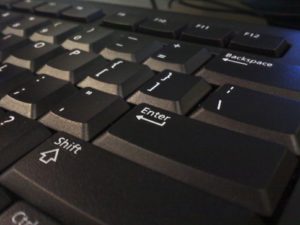
Event Recap: Digital Diplomacy and the Shaping of the New Diplomatic Landscape
On March 24, the American Security Project hosted an event titled “Digital Diplomacy and the Shaping of the New Diplomatic Landscape.” Moderating the virtual event was ASP Chief Operating Officer Matthew Wallin, who spoke with digital strategist Macon Phillips, and career diplomat Gerardo Diaz Bartolome to discuss the limitations and possibilities of digital diplomacy.
The discussion opened with how technology is decentralizing power. The same tools once held only by governments are now in the hands of everyday citizens. Both Philips and Diaz Bartolome commented on how technology has leveled the playing field giving ordinary citizens more influence and forcing governments to engage with new audiences and actors.
The conversation shifted to include the role of private companies in participating and moderating digital diplomacy in the future. Philips spoke of the danger of de-platforming influential figures who will migrate to alternative platforms; thus, clamping down on misinformation will prove challenging. Diaz Bartolome added to this by discussing the darker side of digital diplomacy.
The dialogue turned to the pandemic’s effects on diplomacy and the shift to online forums. Both panelists agreed that Zoom is here to stay but that the future challenge is not to Zoom or not to Zoom? But when to Zoom? Striking this balance will be imperative as hybrid diplomacy continues. Diaz Bartolome noted that while virtual diplomacy works well to bridge the geographic divide, it does not meet every function, such as being able to read a room and develop empathy and relationships.
To close out the session, both panelists discussed their fears and hopes for the future of diplomacy. Philips discussed his fear of the rising influence of corporations on the internet. At the same time, Diaz Bartolome discussed his fears of a growing digital divide and misinformation but noted the possibilities of building more extensive and inclusive communities.





